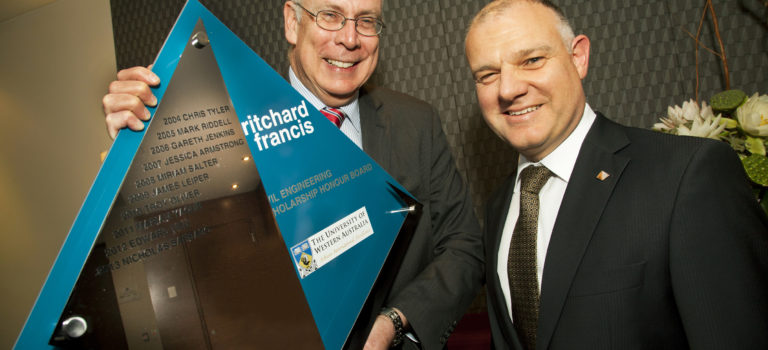Diversity…should the type of underwear matter?
When talking about diversity, too many people just think about gender. While this is a good starting point, the topic is much broader and holistic than simply focusing on the benefits of gender mix.
There is no doubt, creating a work environment suitable for both males and females is critical to any successful business. However, when it comes to diversity, there are two important points that I believe must remain the focus of all organisations:
- Having balanced numbers of males and females is not indicative enough of a diverse workplace.
- Personal characteristics other than gender are far more critical in assessing the true diversity of the group.
In relation to my first point, I see many organisations purely driven quantitatively; proudly announcing their commitment to and success in gender diversity by boasting numbers.
What these firms should be asking is not “How many males or females do we have,” but rather “What type of males and females do we have?” Without selecting people with diverse characteristics, and without creating a work environment that accommodates all types of people, you run the risk of having equal numbers of males and females that share common qualities. They may be predominantly extroverts, they may all thrive in a highly competitive environment, and they may predominantly embrace confrontation. So, while the numbers may look good, the type of people in your organisation is narrow and limiting. You’d be missing out on the introverts, the team players and the people that develop others.
To assume people will approach these things differently because of their gender, goes against a fundamental principle of good diversity management.
To address my second point – what is the value of a strong gender mix if all the people, irrespective of gender, behave, think, communicate, learn and respond in the same way?
In fact, to assume they will do all these things differently because of their gender, is showing perceived bias, and goes against a fundamental principle of good diversity management.
So for me, there are two very clear commitments to diversity that leaders should make for their organisations:
- Ensure there are no assumptions or biases in the selection and development of people.
- Ensure the work environment accommodates all people.
Do these things well, and the group will be diverse; they will feel comfortable, and they will want to stay.
Very simple statements, but profoundly powerful actions.
In some industries and professions like Engineering, the number of women is alarmingly low. In other industries, the number of males is deficient. My belief is that this is due to false and inappropriate perceived assumptions and bias. The imbalance requires addressing not because the numbers should be equal, but because these behaviours contradict the principles of managing diversity. It clearly requires attention from two perspectives:
Employers need to eliminate assumptions and bias in the workplace, and industry needs to educate the pool of talent in the understanding that the profession or type of work is suitable for all people…irrespective of what type of underwear you have on.





